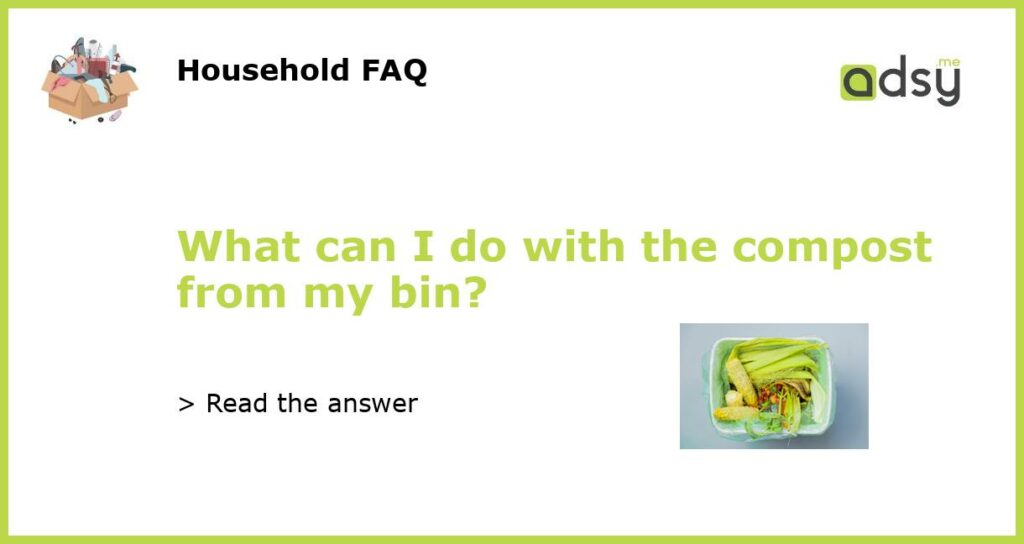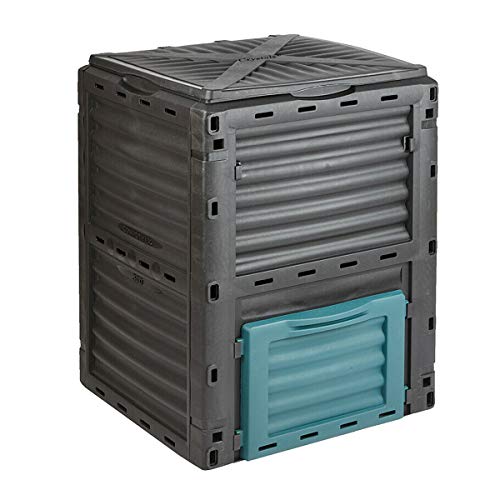What is compost and why is it important?
Compost is a soil amendment made from decomposed organic matter, such as food scraps and yard waste. It is important because it helps to improve soil health by providing nutrients and improving soil structure, leading to healthier plants and increased crop yields. Compost also helps to reduce waste sent to landfills, which can contribute to greenhouse gas emissions.
How can I use compost?
There are many ways you can use compost in your garden or yard. One way is to mix it into the soil before planting to improve soil health. Compost can also be used as a top dressing around plants to provide a slow-release source of nutrients. Another option is to use it as mulch to help retain moisture in the soil and suppress weeds.
Can I use compost indoors?
Yes, you can use compost indoors for houseplants. However, it is important to ensure that the compost is properly cured and free of any harmful pathogens or chemicals. You can also use compost as a component in homemade potting mixes.
How do I store compost?
Compost should be stored in a cool, dry place to prevent it from breaking down further. You can store it in a compost bin or container, or in a pile covered with a tarp to protect it from the elements. It is also important to turn the compost regularly to ensure it is properly aerated and to speed up the decomposition process.
What should I do with excess compost?
If you have excess compost and cannot use it in your garden or yard, there are a few options. You can give it away to friends, family, or neighbors who have gardens or use it to start a community garden. You can also donate it to a local school or organization that has a garden program. Additionally, some cities have composting programs that accept food and yard waste, which can be turned into compost and used in city parks or given away for free to residents.






